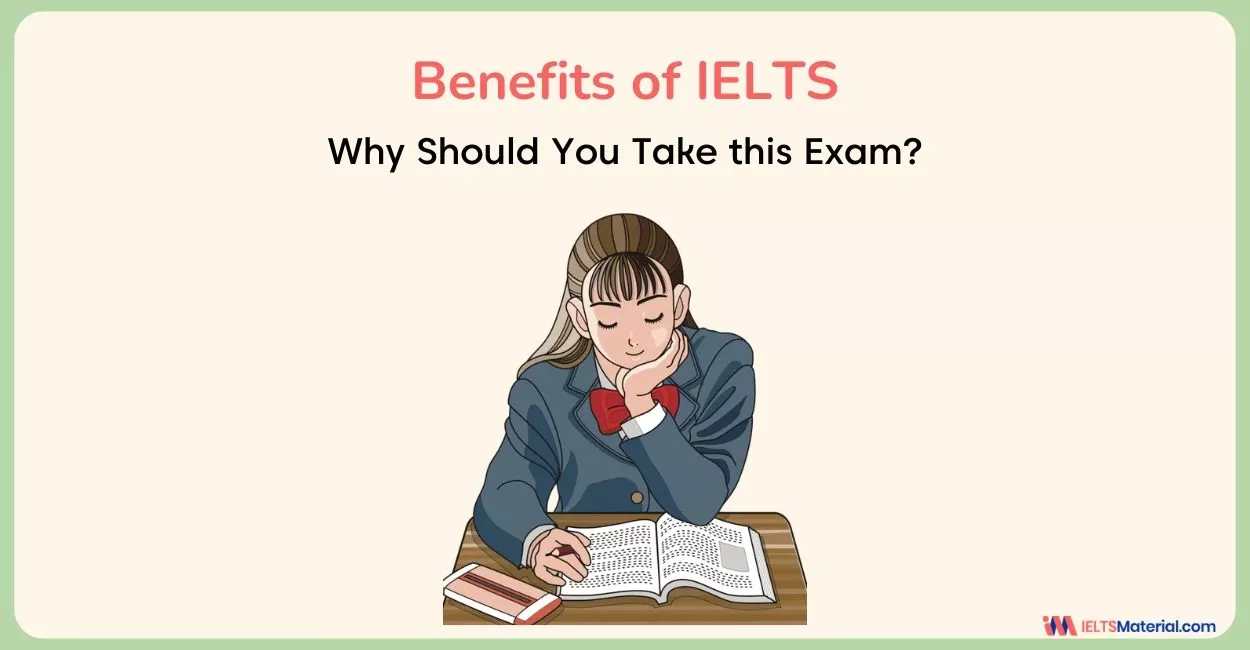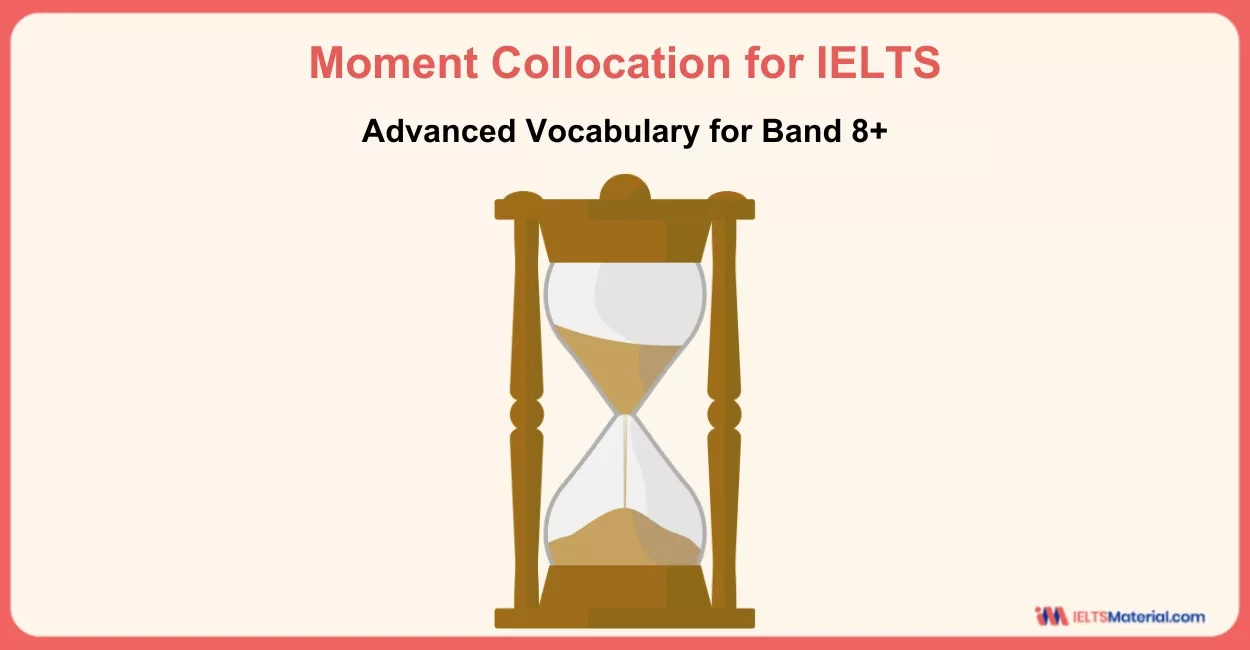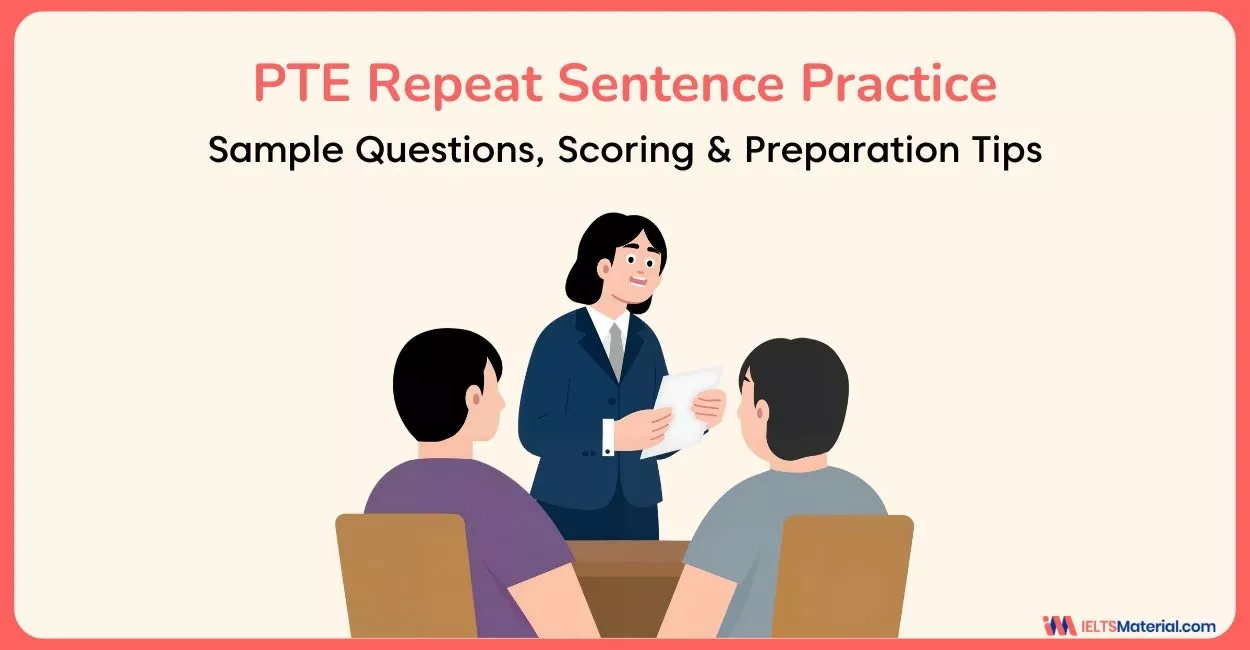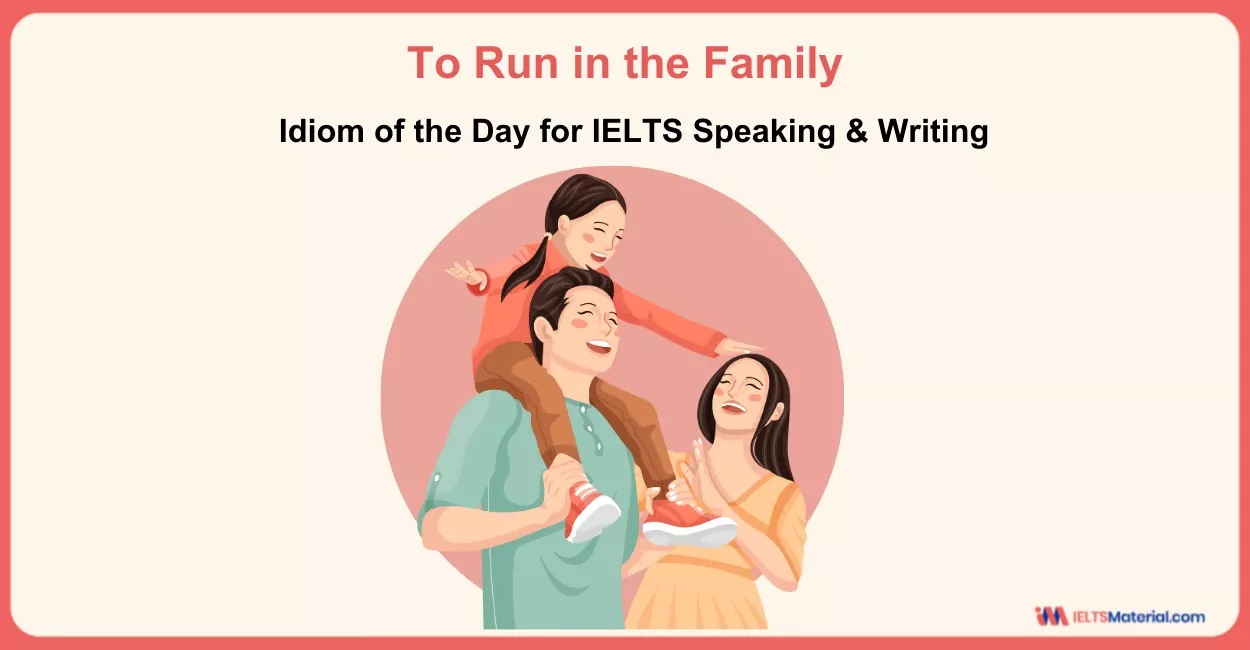Moment Collocation for IELTS - Advanced Vocabulary for Band 8+
6 min read
Updated On
-
Copy link
Highlight key events using Moment Collocation for IELTS to express experiences, emphasize events, and write with fluency. Dive into the tips when to use such advanced vocabulary and exercise to build knowledge for scoring a band 8+.
Table of Contents

Limited-Time Offer : Access a FREE 10-Day IELTS Study Plan!
Fluency and naturalness in the writing and speaking sections can be achieved by using Moment Collocation for IELTS correctly. Although ‘moment’ is a basic word, the right combination of verbs, adjectives, and prepositions can change it into a powerful instrument to communicate time, emotion, and experiences accurately. Various phrases would represent different meanings that would depend on the situation. To acquire such collocations with ‘moment’ to narrate one’s life, you need to make sure that you can sound fluent while writing answers in the IELTS Exam.
Connect with our IELTS Trainers to crack your IELTS exam in no time! FREE Demo.
When to Use Moment Collocation for IELTS?
Knowing the appropriate time to use and when not to use the Moment Collocation for IELTS is the main aspect of achieving fluency in IELTS Vocabulary. The term “moment" refers to a brief span of time that is emotionally or situationally significant. At the same time, through collocations, you can indicate the information accurately in your answers for a band 8+. Below are the times when you can use Moment Collocation for IELTS.
1. In Descriptive or Personal Responses
When narrating your personal story or talking about your experience, moment collocations are a way of presenting yourself as an authentic and fluent speaker. You can use this when you want to express a feeling, a realization, or a concrete event in your life story.
|
“The most unforgettable moment of my life was my graduation from university." “At that moment, I understood the importance of family support." |
2. In Academic or Formal Writing
While attempting to write essays, moment collocations can be applied either metaphorically or to emphasize on the timing of an event. Using such collocations in your language would put focus on the urgency, importance, or turning points in your argument.
|
“The world is at a critical moment in the battle against climate change.” “Now is a critical time for governments to act strongly to avoid further harm.” |
3. In Task 1 (Academic) Reports or General Trends
Moment collocations would be an added advantage to your analysis while describing changes or pointing out data. You can use it to indicate particular spots or movements in a process or trend.
|
“At the moment of production's peak, the sales also reached their maximum level.” |
4. In Reflective or Concluding Sentences
Using moment collocation at the end of your answer can create a powerful emotional or reflective effect. This includes the areas where you want to finish a story, a conclusion, or an opinion with an aura of realization or change.
|
"It was in reality a life-changing moment." "From that moment on, I was determined to succeed even more." |
Prepare yourself with An Exclusive Grammar Workbook: Guide to All Grammatical Woes!
Exercise on Moment Collocation for IELTS
After getting familiar with Moment Collocation, you need to dive into the exercise. This will help assist you in recalling these expressions but also in enhancing your accuracy, having developed fluency, and thus building up your confidence to use them in a more natural way.
EXERCISE 1. Use the correct form where you would use the collocation ‘Verb+Moment’ and complete the sentences with the following options:
|
have |
pause for |
spare |
choose |
|
last |
dread |
take |
wait |
1 Could you look through my report when you______a moment or two?
2 As I boarded the plane, I began to panic, but thankfully, the feeling only______a moment.
3 Don’t worry. You won’t feel a thing. This won’t______a moment.
4 I’m terribly busy. I can only______a few moments, I’m afraid. Now, what was it about?
5 Could you______a moment, please. I’ll be with you as soon as I can.
6 It was now my turn to make a speech. This was the moment I had been______all day.
7 The headmaster is in a terrible mood today. If you want to speak to him, you should______your moment very carefully!
8 The lecturer______a moment and asked if there were any questions.
EXERCISE 2. Use the correct form where you would use the common adjective collocation and choose the more natural collocation from the pairs below:
1 Sorry, have I caught you at a______moment? Would it be better if I called back later? (bad/terrible)
2 Her finest moment came when she won a gold medal at the Olympics. She said it was the______moment of her life. (luckiest/proudest)
3 My most______moment was when I was out with my wife shopping and we bumped into one of my ex-girlfriends. (embarrassing/embarrassed)
4 For one______moment, we thought the climber was going to fall. (dreadful / bad)
5 The new exhibition in the National Museum covers the______moments of Sweden’s history. (best / key)
6 I’ve been so busy today — I’m still waiting for a______moment when I can grab a sandwich. (calm / quiet)
7 There were a few______moments as the plane came in to land in last night’s storm. (anxious / worried)
8 There was a______moment of calm and we were able to take off. (short / brief)
9 Why do you always leave things to the______moment? (final / last)
10 At the______moment Dave said ‘I do’, who do you think walked into the church? Celia, his ex-wife! (precise / crucial)
Exercise 3 : Match the two halves of these sentences:
|
1 I’m waiting for the right moment. |
a. the awful moment on film. |
|
2 Gaining independence was a great moment |
b. the moment I hear anything. |
|
3 A tourist managed to capture |
c. savouring their moment of victory. |
|
4 There’s no news. but I’ll call you. |
d. to break the bad news that he’s failed. |
|
5 I spent a few moments |
e. in the country’s history. |
|
6 The team jumped up and down, |
f. thinking about what I was going to say |
EXERCISE 4. Use the correct form where you would use the collocation ‘Preposition+Moment’ and use a suitable preposition in the sentences:
1 I loved you______the very first moment I saw you.
2 I’m just going to the canteen. I’ll be back a______moment.
3 Why do you always leave it______the last possible moment before packing your bags?
4 Doctor Ferguson is busy______the moment. Can I take a message?
5 Would you mind looking after my bag______a moment while I buy a ticket?
6 Peter left the room quietly. We followed him______a few moments.
Answers for the Exercise on Moment Collocation for IELTS
Let’s check the answers. Remember that this practice is not just about recall, but it also about using the appropriate moment collocation in your answers. It is necessary to level up your skills and finally achieve a higher IELTS Band Score.
EXERCISE 1.
|
1. have |
2. lasted |
3. take |
4. spare |
|
5. wait |
6. dreading |
7. choose |
8. paused for |
EXERCISE 2.
|
1. bad |
2. proudest |
3. embarrassing |
4. dreadful |
5. key |
|
6. quiet |
7. anxious |
8. brief |
9. last |
10. precise |
EXERCISE 3.
|
1. d |
2. e |
3. a |
|
4. b |
5. f |
6. c |
EXERCISE 4.
|
1. from |
2. in |
3. to |
|
4. at |
5. for |
6. after |
Enroll into our Free IELTS Webinar and learn more about techniques to improve your grammar for IELTS.
Mastering moment collocation can make you develop skills while describing experiences, pointing out the essentials in an argument, and even being able to express emotions in a very refined way. The use of such phrases in your language would be beneficial for the recall of an unforgettable moment, the analysis of a crucial moment in an essay, or the reflection on that moment in your conclusion. Not only will you understand the usage but also improve fluency, depth, and sophistication in your answers.
Also Check:

Start Preparing for IELTS: Get Your 10-Day Study Plan Today!
Explore other IELTS Articles

Haniya Yashfeen

Kasturika Samanta
Recent Articles

Nitika Gupt

Nehasri Ravishenbagam

Nehasri Ravishenbagam







Post your Comments